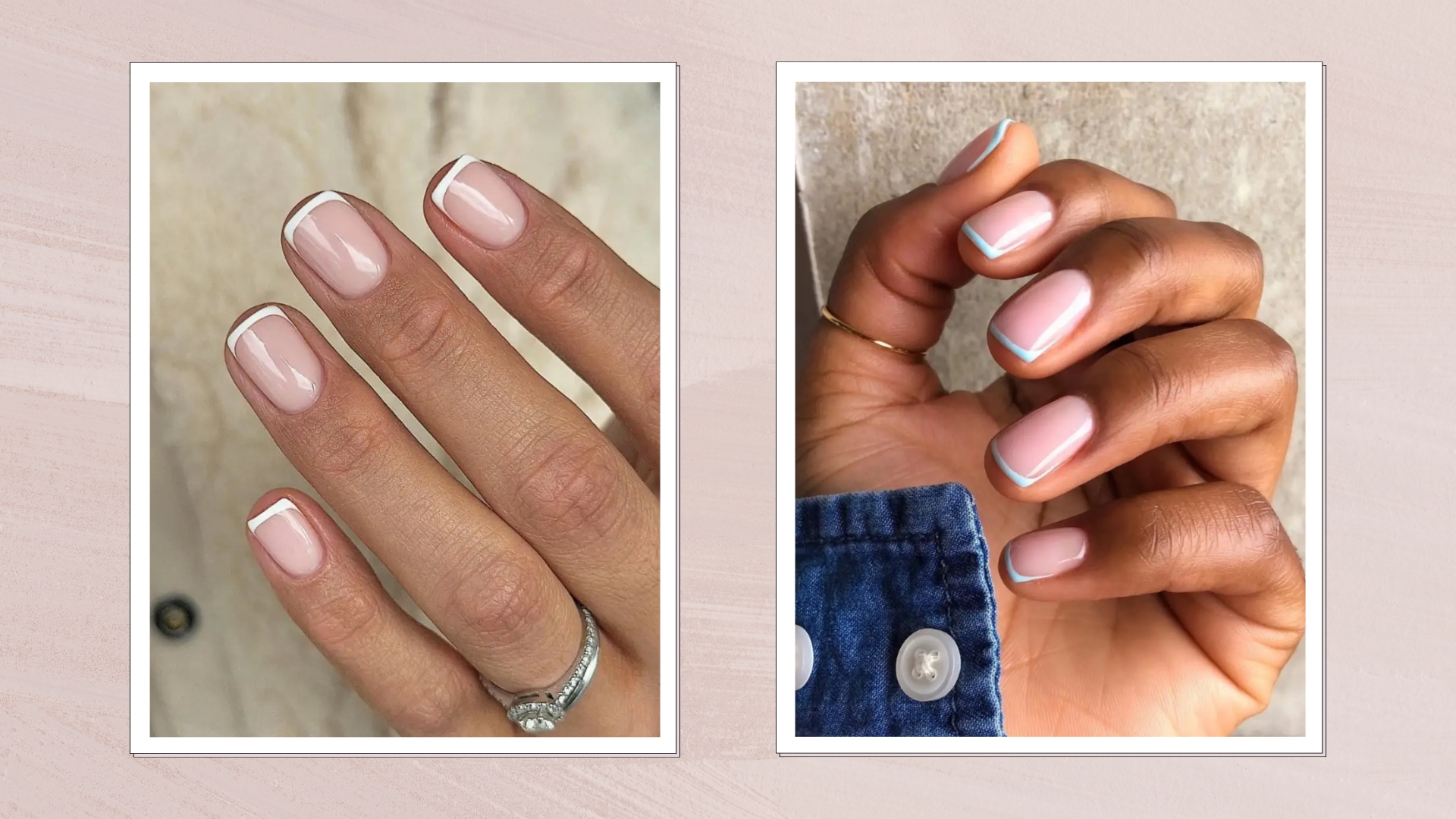Feeling frazzled? Follow these three simple steps to a sharper brain

There's more to improving our grey matter than Sudoku. Follow our three-step guide to a better brain in a month...
Our brains are a staggering feat of engineering. From the third week of gestation to old age, our grey matter is changing constantly. Its size increases fourfold before we hit school age and by age six, it has reached 90% of adult volume. On the downside, our brain reaches peak performance between 16-25, after which cognitive decline kicks in. We may find it tricky learning new skills and struggle to recall names.
Before you panic, you’ll be relieved to hear that you can make proactive lifestyle changes, which will sharpen your brain in 28 days – yes, really – and could also reduce the risk of developing dementia and other cognitive impairments by 33%.
All it takes is three simple steps: decluttering, de-stressing and retraining. “The brain is just like any other body part – it needs to be looked after and exercised in order to stay fit, strong and functioning effectively,” says neuroradiologist Dr Emer Macsweeney.
1. Declutter your brain
Our brains can store as much information as the entire internet – mind-blowing indeed. While being informed is never bad, overstimulation can be – the brain’s ability to problem-solve decreases and neurons can be destroyed. “When we have a clearer mind we’re able to make better decisions,” says clinical hypnotherapist Fiona Lamb. “By decluttering, our mind becomes sharper – clearing the old for the new.”

How? Follow these steps...
Do a digital detox
“Endless calls and notifications are addictive,” says life coach Carole Ann Rice. Take time away from your phone – read, go for a walk or meet a friend – and avoid taking it into the bedroom. Download the space app, £1.99 (iTunes), too. It encourages mindful screen time.
Sign up for the woman&home newsletter
Sign up to our free daily email for the latest royal and entertainment news, interesting opinion, expert advice on styling and beauty trends, and no-nonsense guides to the health and wellness questions you want answered.
Get rid of to-do lists
Endless checklists might make us feel more organised, but they’re actually draining our brains. Carole Ann suggests employing her 3D concept of Do it, Dump it or Delegate it:
Do it:Devote time to completing a task entirely. be realistic about how long it will take and focus on one thing at a time.
Dump it: This refers to time and tasks. Say “no” more often, it stops you becoming overloaded. Don’t do something out of obligation or guilt and ensure you leave “white space” in your diary (at least a couple of days free) that are just for you.
Delegate it:Don’t have time, energy or inclination for a task? Ask for help. Do a “skills swap” – whatever you dislike doing, someone else might love.
Get exercising
“Exercising boosts blood ow and releases happy hormones dopamine and serotonin,” says Fiona. “this clears the mind and strengthens brain nerve cells.” Dancing, in particular, requires mental skills and multitasking, which improves cognitive function and slows down ageing.
2. De-stress and switch off
“Having too many commitments and making other people’s needs our responsibility can feel overwhelming,” says Carole Ann. High stress levels can block memory processes, making us forget what we’ve learnt. But, more importantly, researchers from the University of Wisconsin-Madison found that each stressful incident could age your brain by 1.5 years.

How? Follow these steps...
'Beditate'
Want to tap into your creative side? Jumping out of bed stressed won’t help. “When you’re in a stressed beta-brainwave mode, you’re very focused on a particular goal or problem – great for when you know what you’re doing, but not so good for creative thinking or problem-solving,” explains beditation creator Laurence Shorter. “Beditating”, which involves spending five minutes in bed before getting up, slows down and relaxes your brainwaves, so you move from stress-driven beta-wave mode into relaxed alpha-wave mode. here’s how to do it...
First lie there and do nothing.Don’t scramble out of bed in a mad frenzy first thing. Acknowledge the voice in your head that says you need to be doing something, but don’t react. Also be mindful of your body lying on the bed.Don’t worry or force it if you struggle to feel calm, just repeat the process until you do.
Once you feel relaxed…Ask yourself, “What are my priorities for the day?” Don’t worry if the answer doesn’t come to you immediately. Hopefully, by unwinding, you’ll give your brain space to think and conjure up creative solutions to make you feel composed and prepared for the day.
Swap the word 'busy' for 'breathe'
Using words like “stressed”, “busy”or “hectic” can make you feel anxious. Every time you think “busy”, swap it for “breathe” – then take a deep breath in and out.
Activate your pressure points
Sleep is key for numerous brain functions, including how neurons communicate and removing toxic build-up. But a jam-packed brain can stop you switching off and dropping off. Try this snooze-inducing trick – rub the spot behind your ear where your neck muscles connect with your jawline. “It’s one of the most relaxing points in the body,” says Gillian Berry, a member of the British Acupuncture Council. Activating pressure points is thought to boost your natural relaxation response.
3. Brain training
Challenge your grey matter on a daily basis, if you can, to help to prevent cognitive decline and keep those muscles ticking over.
Training your brain in different ways every day can help you to retain memories and create new neural pathways, to keep your noggin as strong as possible...
How? Follow these tips...
Make a fist to help your memory
Want to memorise a shopping list? Ball up your right hand and squeeze. To recall the information later, clench the left hand. Researchers think the movements activate brain regions key for recalling of memories.
Get jogging
A Cambridge University study revealed that jogging twice a week causes new brain cells to grow that are linked to the recollection of memories.
Change up your tooth-brushing routine
Try brushing your teeth with your non-dominant hand. This stimulates interaction between the two sides of the brain, forming new neural pathways.
Watch the booze
A study in the British Medical Journal showed even moderate drinking (7-14 units a week) is linked to pathological changes in the brain. According to the Chief Medical Officer in England, there is no safe drinking level but limiting alcohol to less than seven units a week may lower the risk of health problems.
Learn a second language
This requires a specific type of brain training, which enables us to alternate between the two languages. It may delay the onset of dementia by four and a half years. In a study by the University of Edinburgh, the over-56s performed better than the 18-30s in cognitive tests after attending language lessons for four weeks.
Be a bookworm
Reading keeps your brain young. With every page, our brain works to store and retain more information. Researchers from Emory University, US, discovered heightened connectivity in the left temporal cortex (in charge of memory storage) after participants read a book over nine days.
-
 We're in awe of Sienna Miller's easy-going and 'piece-y' hairstyle and how perfect it is for spring
We're in awe of Sienna Miller's easy-going and 'piece-y' hairstyle and how perfect it is for springThis laid-back hairstyle is - quite literally - making waves this season
By Naomi Jamieson Published
-
 We never thought we'd see this 'dated' manicure make a chic comeback, but here it is - and we're on board
We never thought we'd see this 'dated' manicure make a chic comeback, but here it is - and we're on boardClean and angular, short square French tips are a go-to this season for a practical but stylish manicure...
By Naomi Jamieson Published